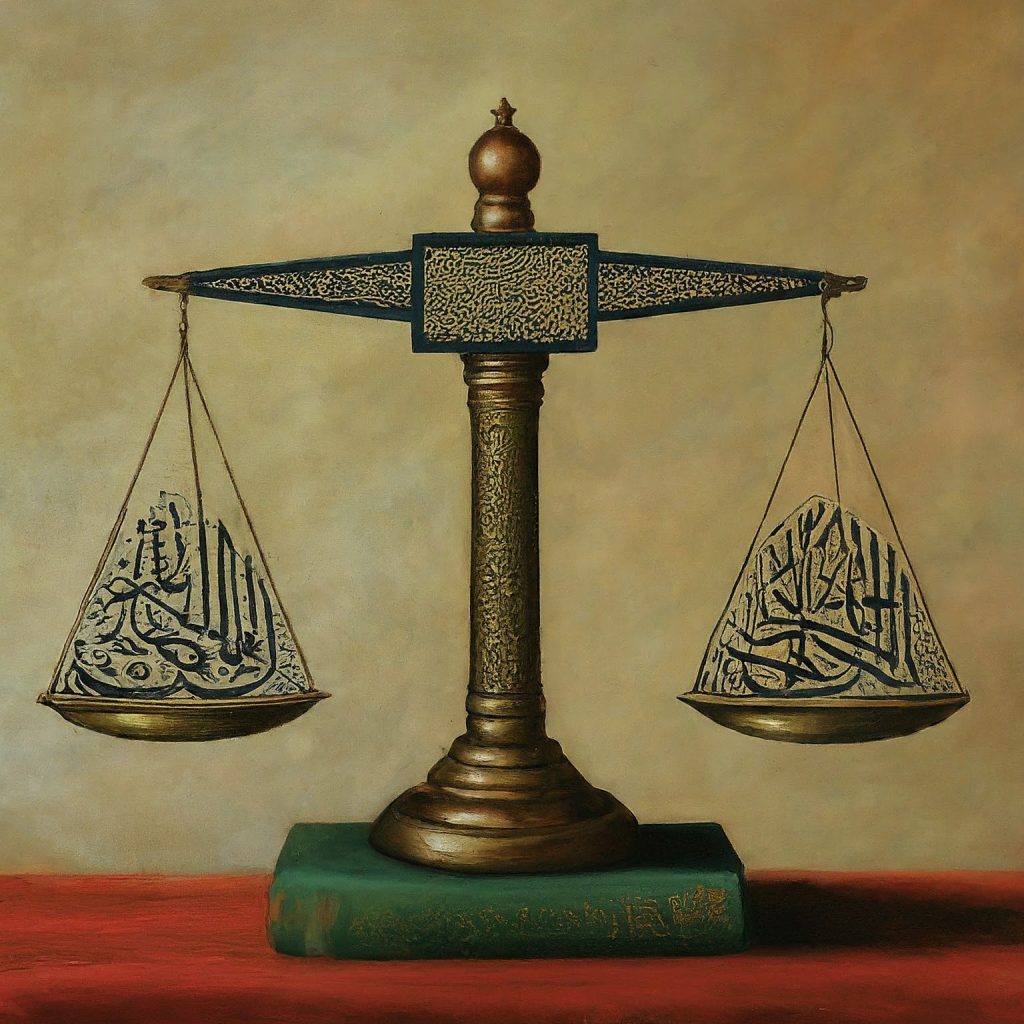A Look at Islamic Criminal Law: What Makes it Different?
What is criminal law? Criminal law refers to the body of law that ensures offenders are punished by the state in order to enforce compliance with the law, and protect the interest of the society, even if the immediate interest protected is personal. (Peters, 2005) Islamic Criminal Law Islamic criminal law refers to the criminal law derived from the Quran, Sunnah and the interpretations of scholar of schools of jurisprudence, Islamic criminal law puts more emphasis on deterrence as a goal of the law, Allah says [As for] the thief, the male and the female, amputate their hands in recompense for what they earned [i.e., committed] as a deterrent [punishment] from Allah. And Allah is Exalted in Might and Wise.(Quran 5:38) It also gives precedence to the societal benefits above individual benefits In cases of clash between the two. To illustrate the thief’s hand is to be amputated, in order to save the society as a whole from his harm. From the above discourse, it is clear that the Islamic criminal law has some unique features not found in other criminal laws, this paper will discuss a few of those. Divine Source Perhaps, the most important feature which sets Islamic law as a whole apart from other modern legal systems is it’s source; a body of law revealed by God. In Islamic criminal law “Its divine sources are the highest primary sources and, therefore, possess supreme character and authority” (Zahrae, 2000, p.169). This makes the foundation of the Islamic criminal law consistent, stable and unchanging, although it also makes provisions for flexibility regarding issues of societal differences that are not against the primary sources of the shari’a, to illustrate, homosexual activity is a heinous crime,it is punishable by death in Islam, The Prophet ﷺ ruled on that fourteen centuries ago, The Prophet said: ‘If you find anyone doing as Lot’s people did, kill the one who does it, and the one to whom it is done’.” (Abu Dawud 4462) The law is still valid till date, and applied in Islamic states like Saudi Arabia. Such is the case for all rulings relating to the Islamic criminal jurisprudence, Imam Shafi’i stated that judicial decisions are not subject to change except if they were based on a provision contrary to the Qur’an, Sunnah or Ijma’. (Zahrae, 2014, p.18) This is not so, for other criminal legal systems, for instance, in 1533, England passed the Buggery act, which mandates that those caught with the crime of homosexuality are to be executed. The early English society had a great abhorance for homosexuality, such that when John Harris gave a speech to the House of Commons of England in 1628 he refered to homosexuality as “a sin none but a devil, come out of hell In the likeness of a man, dares to commit” (Crompton, 2006. P.362). Up to the seventeenth Century in England, sodomy was usually punished by death (Morgan, 1942). In 1967 however, the whole narrative changed, and a sin none but evil himself commits became a lawful act between consenting adults. Showing a huge inconsistency in the western penal system. Islamic criminal law blocks the road to crime Islamic criminal law is not only concerned with punishing offenders, instead, it also seeks to block the roads that lead to the commitment of crime, through various prohibitions and legislations, to illustrate, because of the relationship between Alcohol consumption and crime, the shari’a bans alcohol. It has been reported that about 45% of homicides in the United States are caused by Alcohol (Mary, 2012). Allah says “Shaytan wants only to excite enmity and hatred between you with Khamr (intoxicants) and Maysir (gambling), and hinder you from the remembrance of Allah and from the Salah (the prayer). So, will you not then abstain!” (Quran 5:91) Secular criminal laws allow the consumption of alcohol, and also punishes offenders for all the heinous crimes committed due to its consumption. Prohibition of free mixing between opposite genders, encouragement of early marriage and encouragement of regulated polygamy also play a huge role on the reduction of sexual crimes. “The Messenger of Allah said: “When someone whose religion and character you are pleased with proposes to (someone under the care) of one of you, then marry her to him. If you do not do so, then there will be turmoil (Fitnah) in the land and immorality (Fasad).” (Tirmithi 1084) Unparallel efficacy Islamic criminal law has been in use in Saudi Arabia for decades, the application of the Islamic criminal law in the kingdom has resulted in a significantly low rate of crime and it has cleansed the society of it’s vices, (Souryal,1987). In a survey carried out by the United Nations which measures and compares the criminality of various countries, Saudi Arabia was classified as a “nation not obsessed with crime” (Souryal 1987) On the other hand, western law has been found wanting in the key area of pacifying the society and reducing crime rate (Souryal 1987), The religion in the west has also not played a positive role in crime reduction “Wasserman, using criminality as a measurement of religiosity, discovered that Catholicism was negatively related to homicide rates while black church affiliation had little influence on the homicide rate in the population he studied. (Souryal 1987). Conclusion Islamic criminal law can be said to have the unique feature of being the only law that actually serves the complete purpose of a legal system, it swiftly punishes offenders, in the rare cases of offence, it foresees crimes and eliminates it before it’s commitment by blocking the route to crime, a feature which sets it apart from other systems of law, and most importantly, it boasts a foundation, unchangeable by time, revealed by God, on which flexible secondary rulings are built, giving it a unique consistency and efficacy. Read more of our posts here Bibliography Crompton Louis. (2003). Homosexuality and civilization. Cambridge, Mass. : Belknap Press of Harvard University Press, United Kingdom. Edmund S. Morgan. (1942). The puritans and sex.





